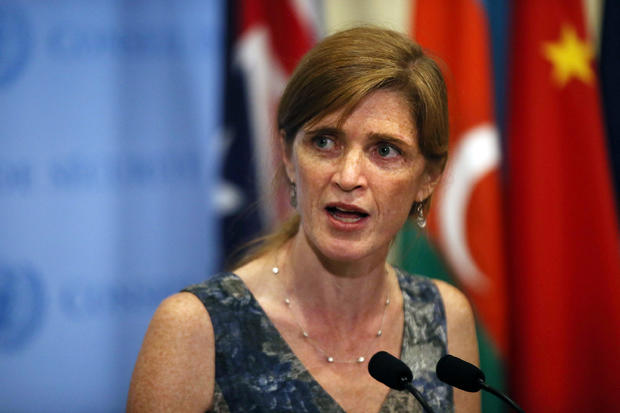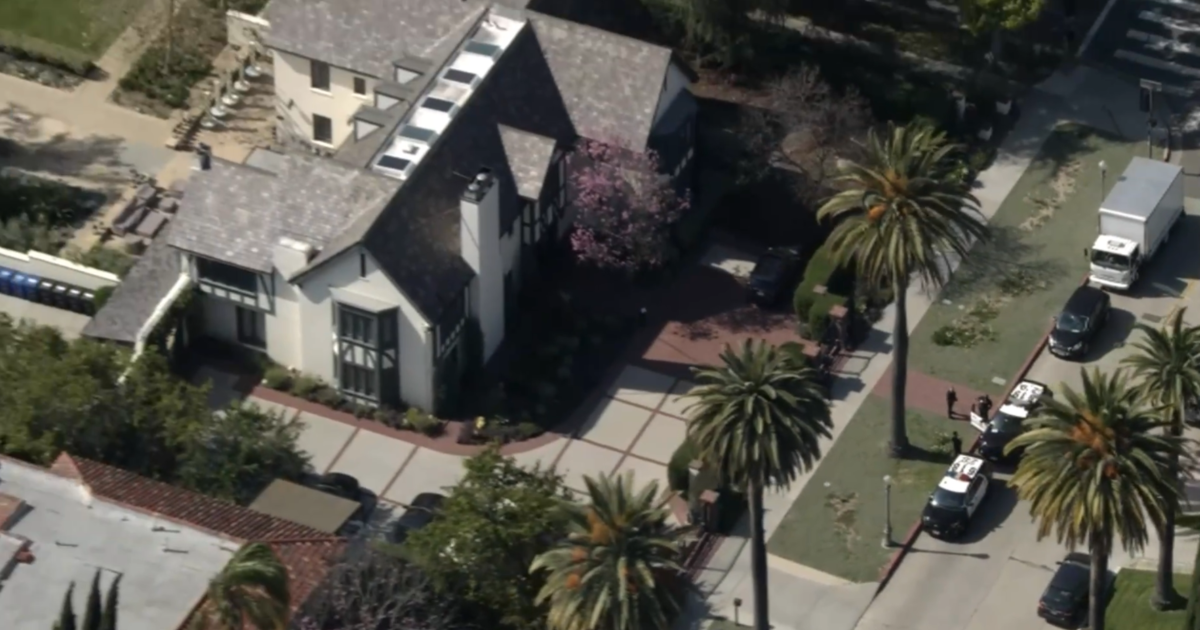Were U.S. airstrikes legal under international law?
In a concise letter laying out international law standards, the U.S. Ambassador to the U.N., Samantha Power spells out the justification for airstrikes against Syria.
"States must be able to defend themselves, in accordance with the inherent right of individual and collective self-defense, as reflected in Article 51 of the UN Charter, when, as is the case here, the government of the State where the threat is located is unwilling or unable to prevent the use of its territory for such attacks," the letter states.
And, what exactly is Article 51?
That article is the "use of force" provision of the Charter, which says that nothing prevents self-defense if an armed attack occurs..." It lays out a self-defense argument and has been interpreted over time to explain the legal justification for preventive or preemptive self-defense as well.
The letter is a response to weeks of questions raised by member states and their leaders, who have been worried about the advance of foreign terrorist fighters in Iraq and Syria, and who were considering a response.
The argument that some have made is that that any strikes to combat the Islamic militants known as ISIL, would have to be requested by the country itself. Iraq made that request in a letter to the Security Council back in June.
Ambassador Power's letter to the Council on Tuesday was sent a day before the U.N. Security Council is to meet to vote on a resolution on foreign terrorist fighters. President Obama will serve that day as council president.
"Iraq has made clear that it is facing a serious threat of continuing attacks from ISIL coming out of safe havens in Syria. These safe havens are used by ISIL for training, planning, financing, and carrying out attacks across Iraqi borders and against Iraq's people."
And for that reason, Power says, Iraq requested the strikes.
Syria, on the other hand, has posed more complicated questions for the international community.
Russia's Ambassador Vitaly Churkin brought up the possibility of attacks at a Security Council meeting the week before. He notedf that consent of the country targeted is needed, or Council authorization. "All other options will be regarded as illegal..." Churkin said.
France's Foreign Minister Laurent Fabius also said that the legal basis was lacking.
Several times during the weeks before the U.S. and partner strikes, Ambassador Power told reporters that a Security Council would not be necessary to authorize strikes. She argued that eliminating the safe havens for ISIL in Syria is necessary to protect civilians.
"The Syrian regime has shown that it cannot and will not confront these safe-havens effectively itself," the letter said.
And, in a final point, the letter states, "The United States has initiated proportionate military actions in Syria" in order to eliminate the threat to Iraq, and, in the case of Khorasan, the threat to the U.S. and partners and allies.
The proportionate standard goes back as far as letters from the former Secretary of State, Daniel Webster.





